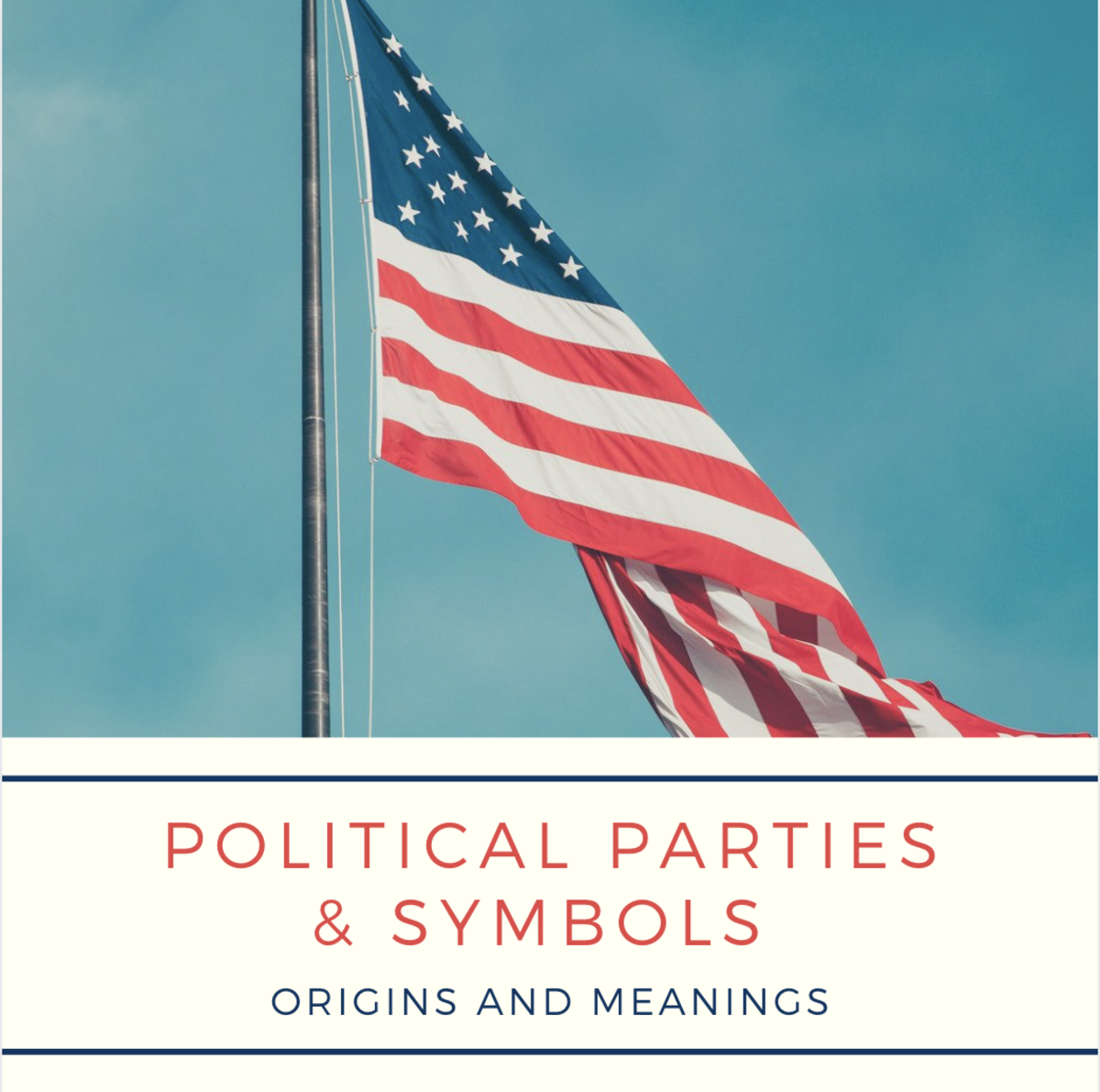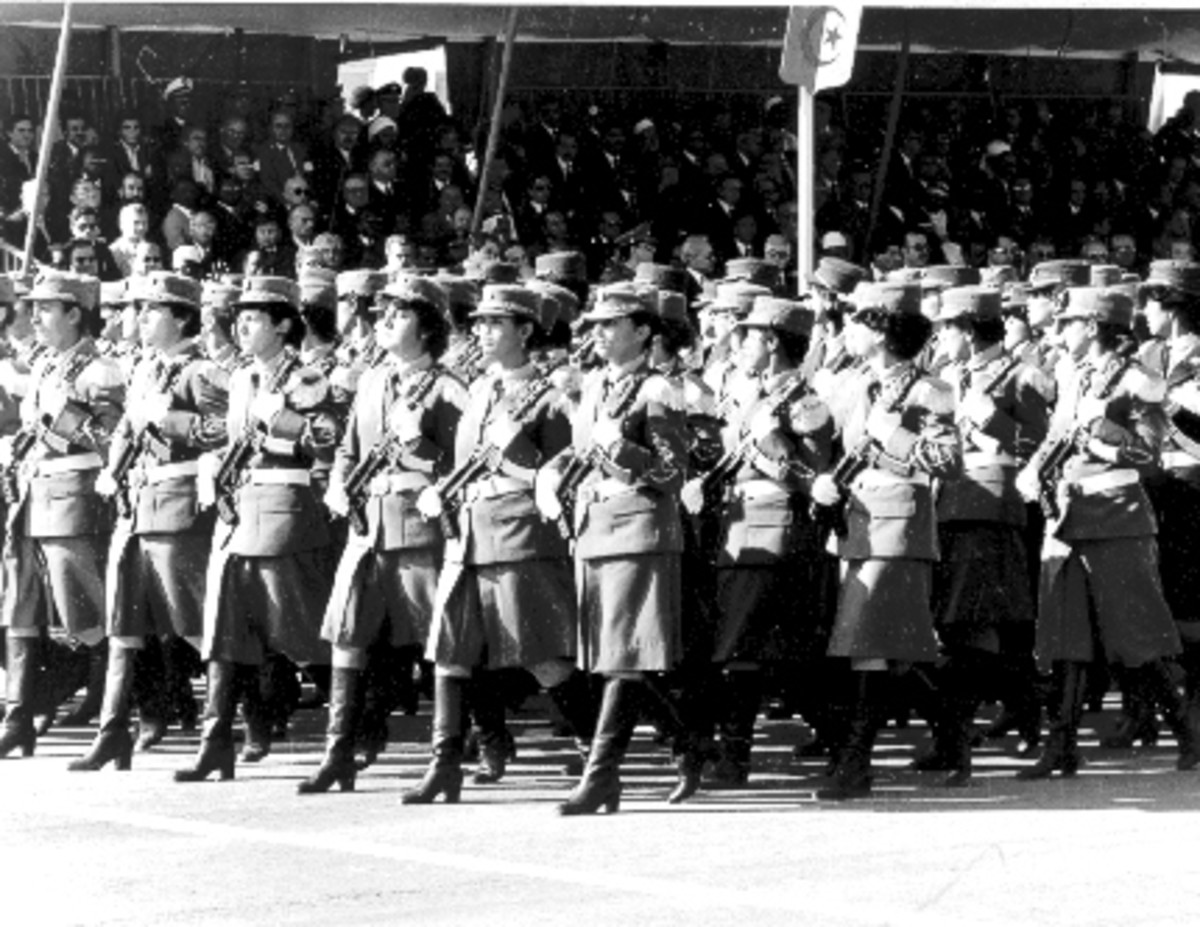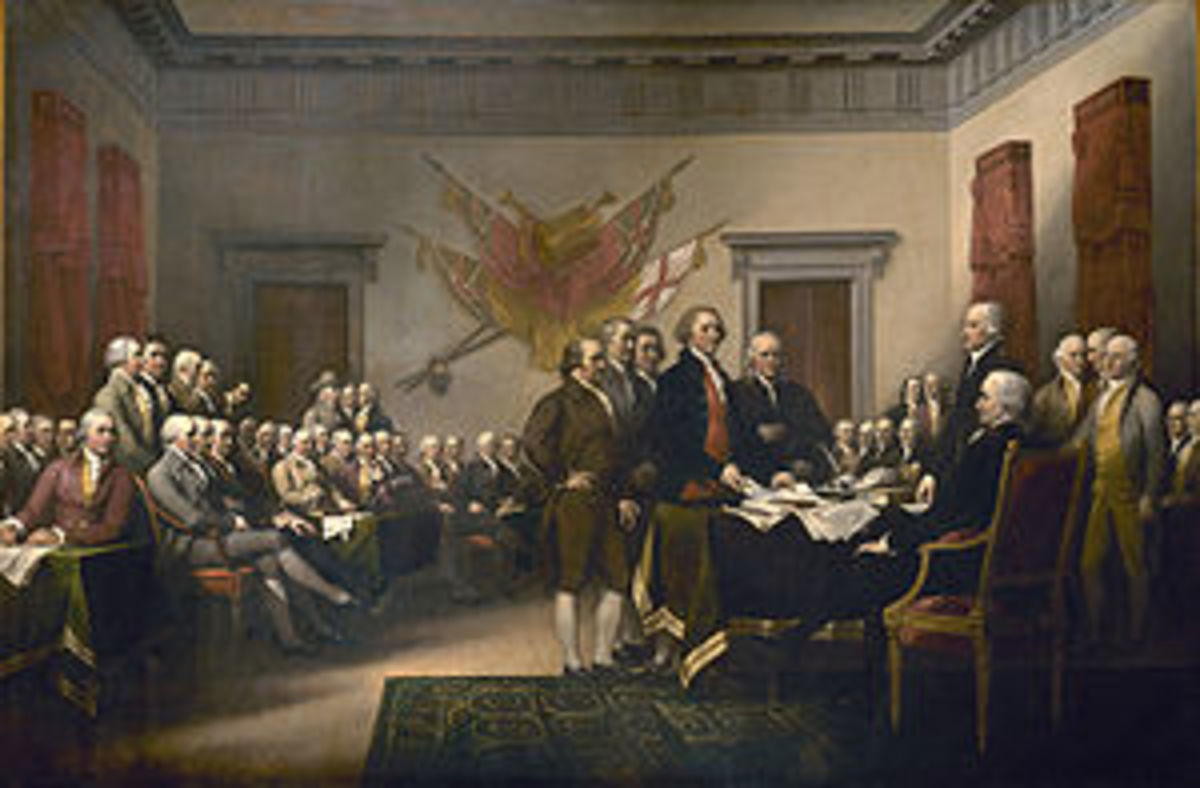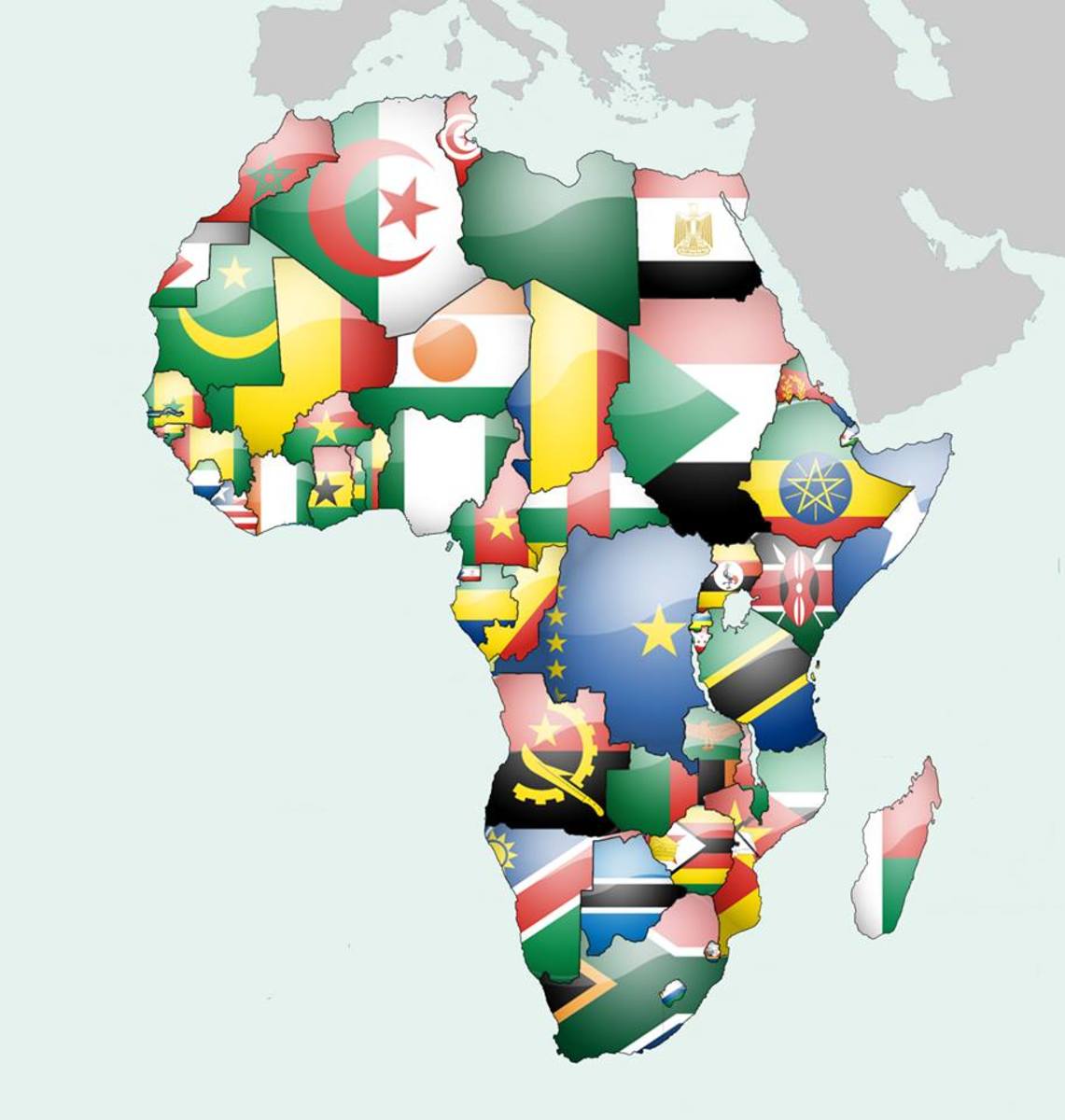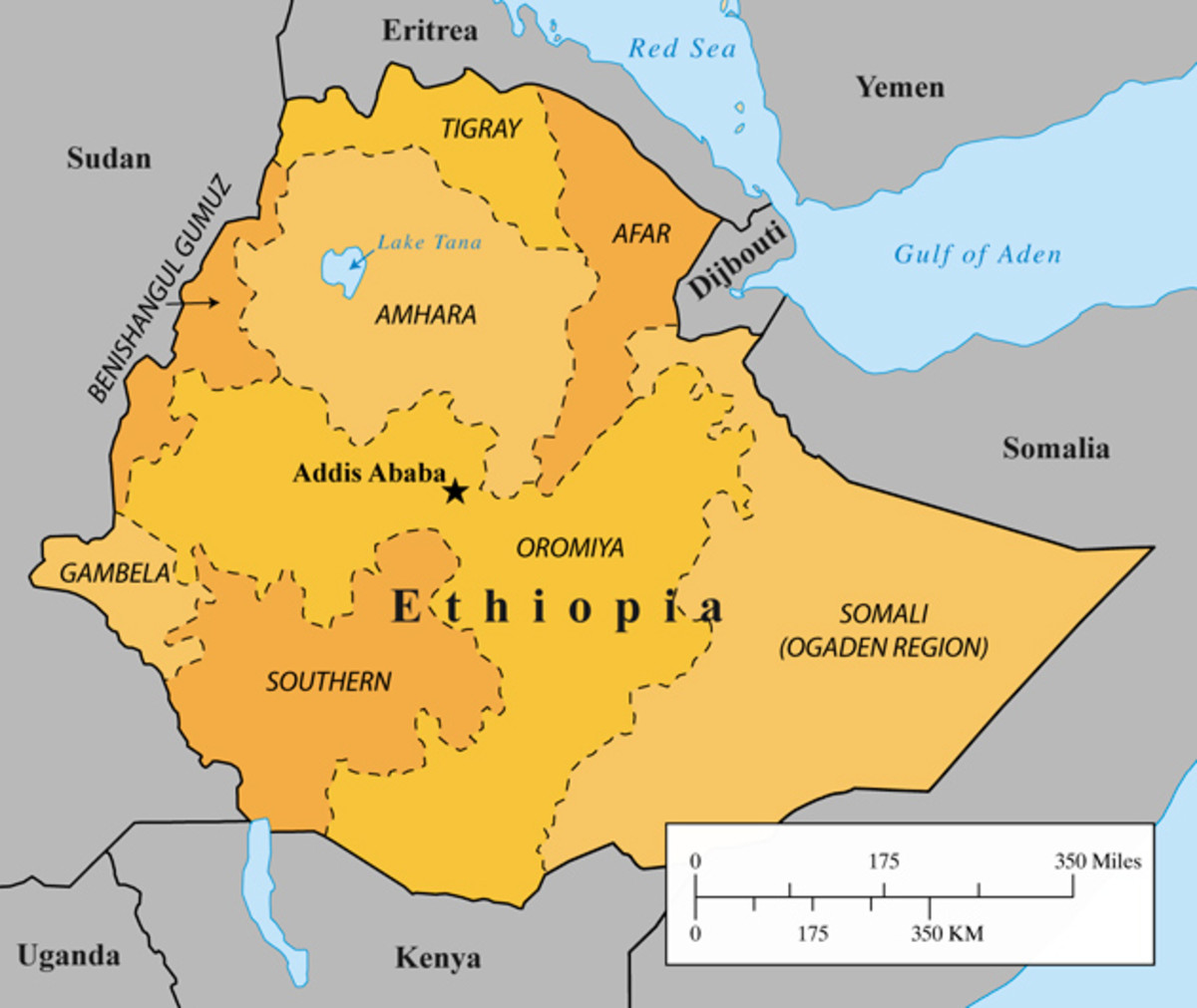North Africa Specialist the "Hugh Roberts"
- The power in Algeria has not succeeded in causing a division between Arabs and Berbers
- The movement rejects parties, and the latter wants to benefit from it to renew itself.
The professor of North African and Middle Eastern history at Tufts University in Boston, the capital of the Massachusetts state, Hugh Roberts, is afraid of repeating the scenario of the period between 2001 and 2003, when the authority in Algeria managed to defeat "Citizenship Movement" in the tribes. The fears of the author of "The Berber Government: The Tribal System in Pre-colonial Algeria" are due to the fact that the current authority is adopting similar methods to what was followed at that time, especially in terms of its attempt to drag the movement to support unconstitutional road maps, after it became - in a ridiculous irony from the point of view Roberts - a fierce defender of the constitution.
Your analysis of the Algerian social reality contrasts with the prevailing perceptions in general, which are based on the concept of "clans" to understand the internal dynamics of this country. The mystery of the Algerian political system contributed to the spread of this concept, in an attempt to accommodate the structure of the political power and its interactions. What is your analysis of the Algerian political system and the forces that make it up?
The term "clans" is inappropriate and deceptive in this context. Indeed, it is a struggle of influence between the wings of the system, as it is in other countries. The word "clan" means the extended family, which is a group based on blood ties, while the wings of the Algerian authority that is currently colliding were formed historically according to political logic rather than on the basis of blood link. The misuse of the concept of "clan" shows the contempt of the intellectuals and the citizens who are excluded from the decision-making mechanism of the military-dominated political game. At the same time, however, it appears a common notion among foreign observers in particular, that Algerians cannot act collectively outside the religious framework or blood ties, and this is a wrong concept.
Deepening political anthropology in Algeria will reveal what happened in power during the power struggle inside it. The political system in this country, as elsewhere, includes the formal sector and the informal sector. The Algerian situation is not characterized only by the domination of the informal sector to a large extent, as this was the case of the Qaddafi regime in Libya, for example, but by the fact that the first is subject to the tradition of the group. The thesis I defended thirty years ago is that the basis of the Algerian regime is "the group". As I explained in my book The Barbarian Government, the traditional group’s debate was never based on rivalry between clans, but it is linked to competition between rows, which are primitive parties that transcend blood and kinship ties and the reason for their existence is purely political.
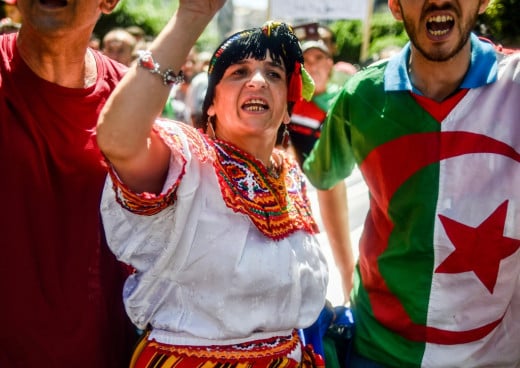
The control of rent continues to be a major political problem for the authority and the new emerging social forces. Does this problem determine the fate of the confrontation between both parties?
The Algerian government knows very well how to make room for the new social forces provided that the latter knows the conditions of the game, but the challenge that the Harak - the Algerian People's Movement that launched on February 22 last - to the authority and to the army leadership exceeded the demands of a new social force with its share of the proceeds. By shedding light on the great corruption and underground networks they call the "gang", and their call for "the rule of law", they question the "couscous state" or the distributed rentier state, as well as the informal political role of the high command of the army and the hidden powers of the group. The movement then presents another problem.
In your view, what is the relationship between the barbarian foundational myth and the emergence of the barbarian current as a social and political force?
The barbarian movement is not a product of the hour. It appeared seventy years ago in the midst of the crisis of 1948, through the "Movement for the Victory of Democratic Liberties", the Radical Patriotic Party. This crisis has had devastating repercussions in the Kabylie during the liberation war. This trend preserved its secrecy after it returned to the scene in the 1970's, but the secret character soon disappeared with the start of the “Amazigh Spring” in 1980. The movement combined the demand for the Amazigh identity and political ideas borrowed by its members (most of them from the tribes) from The "myth of the tribes" developed by the colonial administration "aligned with the tribes" in the nineteenth century. The basic premise of this myth revolves around that the tribesmen were not real Muslims, and that their impressive system of village-type "autonomy" was somewhat secular. This encouraged the barbarian current between the tribes - and it is only one of several currents - considering that the French state presented a model of political modernity, and therefore the democratization of Algeria assumes the emergence of secularism as a precondition. This mix of ideologies was the first guideline of the "Rally for Culture and Democracy" (RCD), the political party descended from the barbarian movement in 1989, which was marked by its opposition to the Islamists and its support for the radical, militant, and radical line during the 1990's.
The rise of the current demanding recognition of the Amazigh identity, and its success in extracting political concessions from power and the important role it plays in the current conflict are all factors that necessitate thinking about its ability to impose itself as a structural component in the Algerian political scene, what is your analysis?
The barbarian trend, the social movement demanding official recognition of the Tamazight and its language, "Tamazight", has expanded its influence in Algeria long ago. Amazigh was recognized in Algeria during the 1996 constitutional review, as well as “Tamazight” as a national language in 2002, and an official language in 2016. If the government finally tried to suppress protesters holding the Amazigh flag to cause a split in the popular movement among the speakers of the language Arab and Berber hopes to weaken him, there is no doubt that it did not succeed. Consensus on the part of public opinion is clear on this issue. In fact, the measures of power are only an attempt to respond to the roles played by the "Rally for Culture and Democracy", and its traditional rival in the tribal areas, the "Socialist Forces Front Party", in the current crisis.
Nothing confirms that the work of the tribal parties really disturbs the authority
To accommodate the current dangers, it is necessary for us to recall the establishment and legal recognition of the "Rally for Culture and Democracy" and the "Socialist Forces Front" party in light of the issuance of the 1989 constitution, which has now been called into question. We must also remember their ambiguous relationship with the popular movement, similar to their relationship, which is no less inconsistent with the popular protests that followed the Black Spring in the tribal region in 2001. The current movement is the outcome of a national tradition based on the total rejection of political parties, whether they are facades of power such as the Liberation Front The National Party and the National Democratic Rally party, or opposition parties that express only opposition permitted by the system. Therefore, the main tendency of the movement is to marginalize political parties, and the reaction of opposition parties - including tribal parties - is to try to benefit from it to renew itself and seek to play a leadership role within it. These parties proposed an unconstitutional road-map, which, when somewhat followed, prompted the movement to abandon its original strong position defending the constitution against the anti-project, and thus being criticized by military leaders who, ironically, have become fiercely defenders of The constitution, after they did not hesitate to violate it, without carelessness last February. The "Rally for Culture and Democracy" has replaced an anti-army policy with its anti-Islamist policy, while the "Socialist Forces Front", whose opposition has not always contradicted the loyalty of the state and avoided barbaric tendency, re-presented its old demands to establish a constituent assembly, and did not explain how Who will be able to establish an association like this in the current circumstances, and how should the new constitution to be drafted during this assembly be distinct from the current constitution?
Nothing confirms that the work of the tribal parties really disturbs the authority. Here we can ask an important question: Is targeting the raising of the Amazigh flag an endeavor by the authority to weaken these parties by fueling the dispute between Berbers and Arabs, or an attempt to shed light on the tribal parties that have extremist and unrealistic political speeches, with the aim of provoking the movement and pushing it to solidify with the latter, and thus Engage more in an unrealistic approach. This is how the authority won the "citizenship movement" in the Kabylie region in the period 2001-2003.


